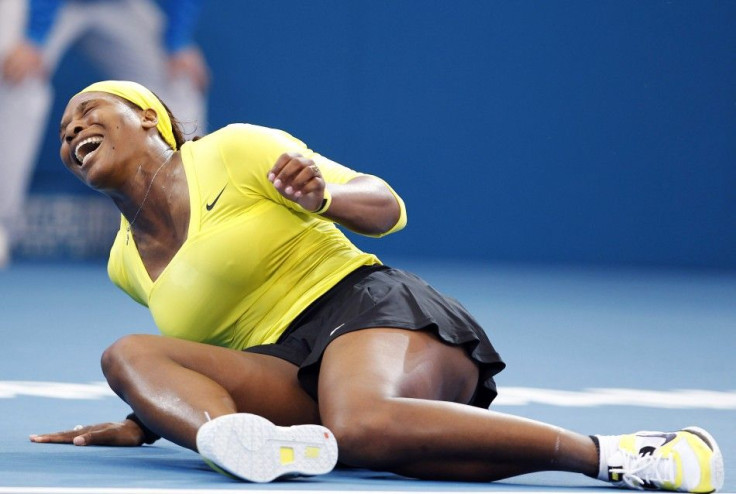Women Feel Pain More than Men: Study

A new study suggests that women may feel pain more intensely than men do.
Using the hospital records of 11,000 patients, researchers found that there were notable differences in human pain perception between men in women across diabetes, arthritis, respiratory infections and a number of other diseases, Scientific American reported.
The study, published in the Jan. 16 issue of the Journal of Pain, is the largest of its kind to analyze the differences of pain perception between the sexes.
However, it's just a baby step into understanding how pain is felt among men and women. Because pain is subjective, researchers don't know for sure if women actually feel more pain than men - they just know women report a higher intensity of pain to their doctors.
Whatever the reason, I think it's important to be aware of the pain discrepancy between men and women and look into it further, study researcher Linda Liu told Scientific American.
In the electronic records used by the study, patients were asked to rate their pain on a scale from zero to ten, one being no pain and ten being excruciating pain. The records were from Stanford Hospital and Clinics between 2007 and 2010 and patients were assessed for over 250 diseases and conditions.
Researchers found that for almost every condition or disease, women's scores were on average 20 percent higher than men's scores, especially with lower back pain and knee and leg strain.
Past research suggests that pain perception is influenced by a number of factors, including hormones, genetics and psychological factors. Roger B. Fillingim, a pain researcher at the University of Florida College of Dentistry who was not involved with the study, told Scientific American that pain systems could also work differently in men and women.
Doctors have already discovered that the painkiller morphine works differently in the brains and spinal cords of men and women. According to a 2007 briefing by Society of Neuroscience, animal experiments show that females require twice the dosage as males do to experience the same amount of pain relief.
More studies show that not only may men and women experience and report pain differently, but women seek out healthcare and receive different medications than men do.
According to Partners Against Pain, most studies in the area show that women are more likely to receive inadequate doses for medication as well as seek out solutions to end pain than men are.
© Copyright IBTimes 2024. All rights reserved.











